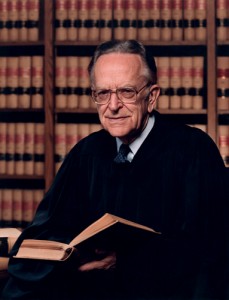Greetings! It is time to lay out the case that I’ll be examining in just a few shorts weeks. In 2008, AT&T customer Carolyn Jewel sued the phone company, saying that they were, more or less, spying on their customers. This accusation was backed up by documents from a former AT&T technician, Mark Klein. The case was eventually thrown out due to a lack of evidence, but was reopened by the Ninth Circuit Court of Appeals. Later, a whistleblower confirmed that the NSA was spying on people and the infamous Edward Snowden then revealed that the government has an internet surveillance system called PRISM. This, of course, comes after the Washington Post publication that revealed that the Justice Department had gotten their hands on phone conversations of employees from the Associated Press. The government, in turn, claimed that this privacy violation was part of their national defense policy.
As a result of these occurrences, we, the Supreme Court, are left to decide whether the government has overstepped their bounds. Anyone familiar with the famous Roe v. Wade case can probably presume how I feel about this case. For those who may be unaware, Roe v. Wade was the case that shaped abortion as we know it today. In 1969, Norma McCorvey, better known as Jane Roe, wanted to terminate her pregnancy via abortion, but Texas law prohibited this unless a woman’s life was in danger should she continue with the pregnancy. The Court decided, in a majority decision that I penned, that this case fell under a woman’s right to privacy, and that she should be able to decide whether she wants to have an abortion. I felt very strongly about this case, feeling this right fell under the fundamental right to privacy.
Sources
